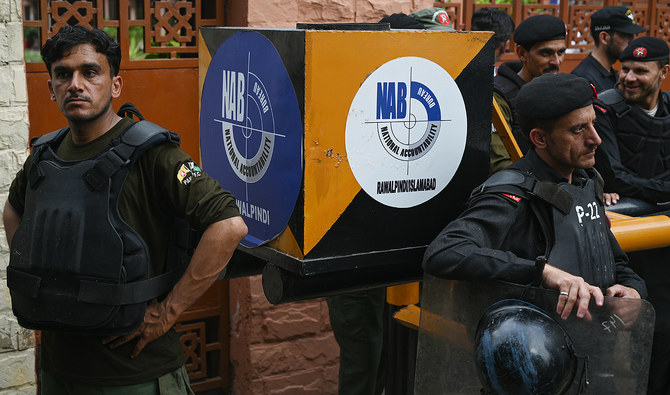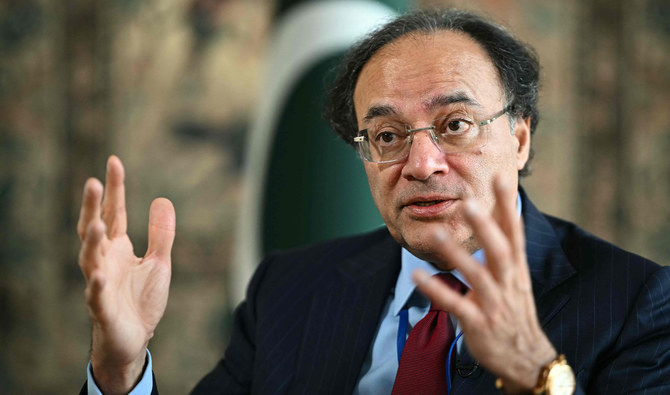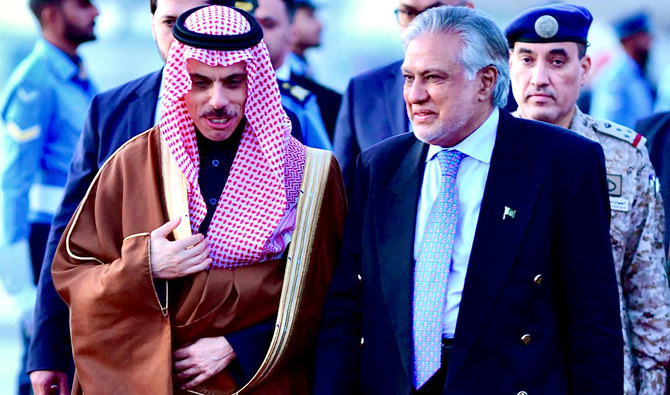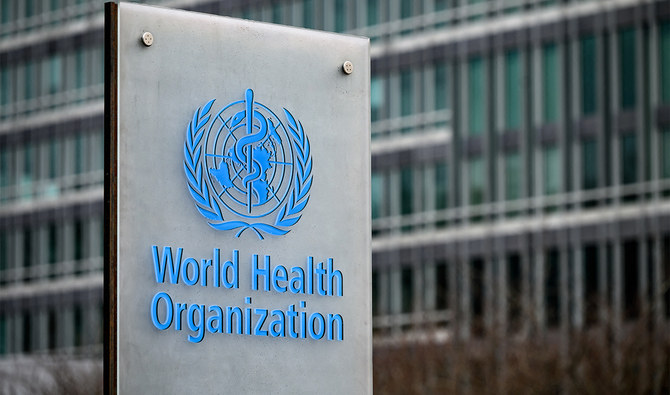ISLAMABAD: Former prime minister Imran Khan said on Friday he had decided to file a Rs15 billion ($52.93 million) defamation suit against the chief of the country’s anti-corruption watchdog, weeks after his arrest in a graft case.
Khan was arrested by paramilitary troops in Islamabad on May 9 on the orders of officials of Pakistan’s National Accountability Bureau (NAB) in the Al-Qadir Trust land bribe case. He is accused of getting undue benefit from a Pakistani property tycoon, Malik Riaz Hussain, after granting him a settlement of £190 million seized by the United Kingdom’s National Crime Agency as part of a deal.
The Al-Qadir Trust, owned by Khan and his third wife Bushra Bibi, runs a university outside Islamabad devoted to spirituality and Islamic teachings. The project is inspired by Khan’s wife, who is as a spiritual leader.
The government of PM Shehbaz Sharif says the trust was a front for Khan to receive valuable lands as a bribe from the real estate developer. The Al-Qadir Trust has nearly 60 acres of land worth Rs7 billion ($24.7 million) and another tract in Islamabad close to Khan’s hilltop home. The 60-acre parcel is the official site of the university, but quit a little has been built there.
“I have decided to file a Rs15 Billion Defamation Suit, against Chairman, NAB. I have served Legal Notice upon him,” Khan wrote on Twitter.
“My Arrest Warrant was issued on a public holiday and was kept in secrecy for eight days. I was not informed about conversion of Al-Qadir Trust Case Inquiry into Investigation.”
To execute the warrant, Khan said, the paramilitary troops subjected him to “brute force,” while the motive behind his arrest was to defame him.
“To execute Arrest Warrant, Pakistan Rangers was used which subjected me to brute force,” he said.
“Ulterior motive was to defame me by arresting me from premises of Islamabad High Court. And show the world that I was arrested on corruption charges.”
Khan’s arrest, later declared “illegal” by the country’s top court, led to violent protests by his supporters in parts of Pakistan. The violence that targeted military installations, government buildings and law enforcement has since prompted a crackdown by authorities on Khan’s party. The ex-premier claims that thousands of his Pakistan Tehreek-e-Insaf (PTI) party’s supporters have been detained since the May 9 protests.
Khan, who has been agitating for snap elections ever since he was ousted in a no-trust vote last year, has accused the government of attempting to “crush” his party through the clampdown ahead of the upcoming general elections. The government denies it.
















